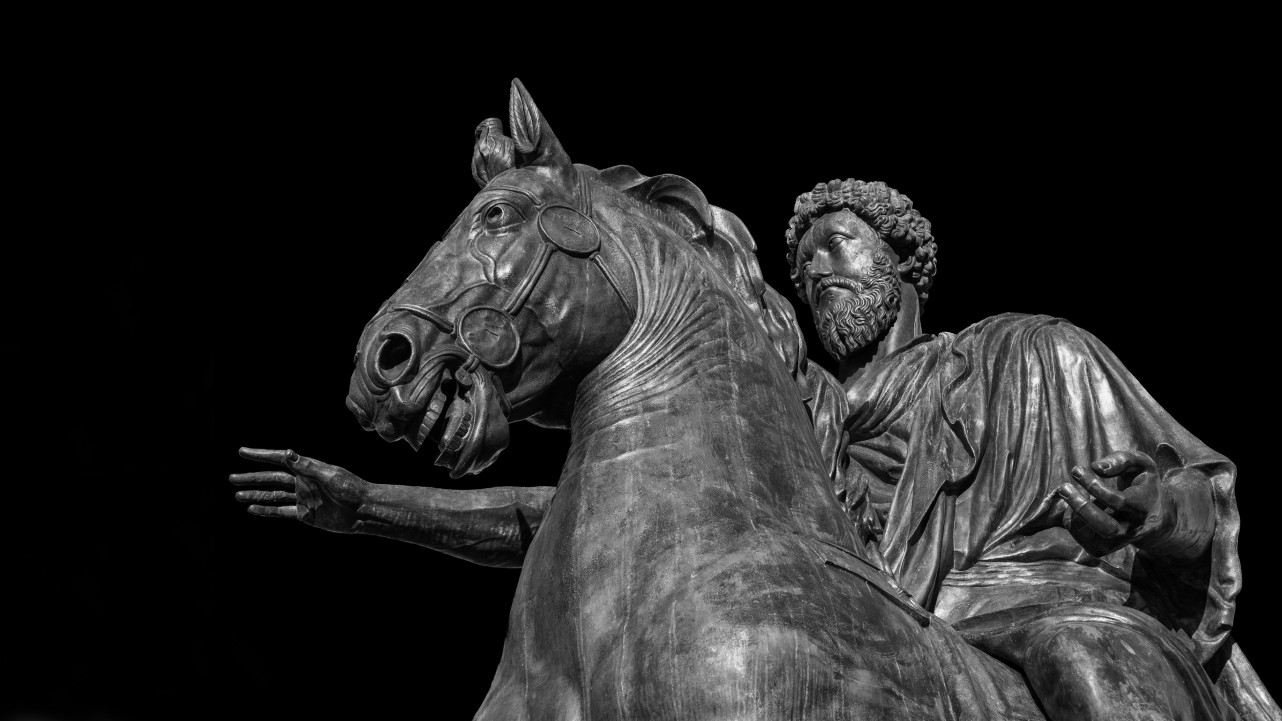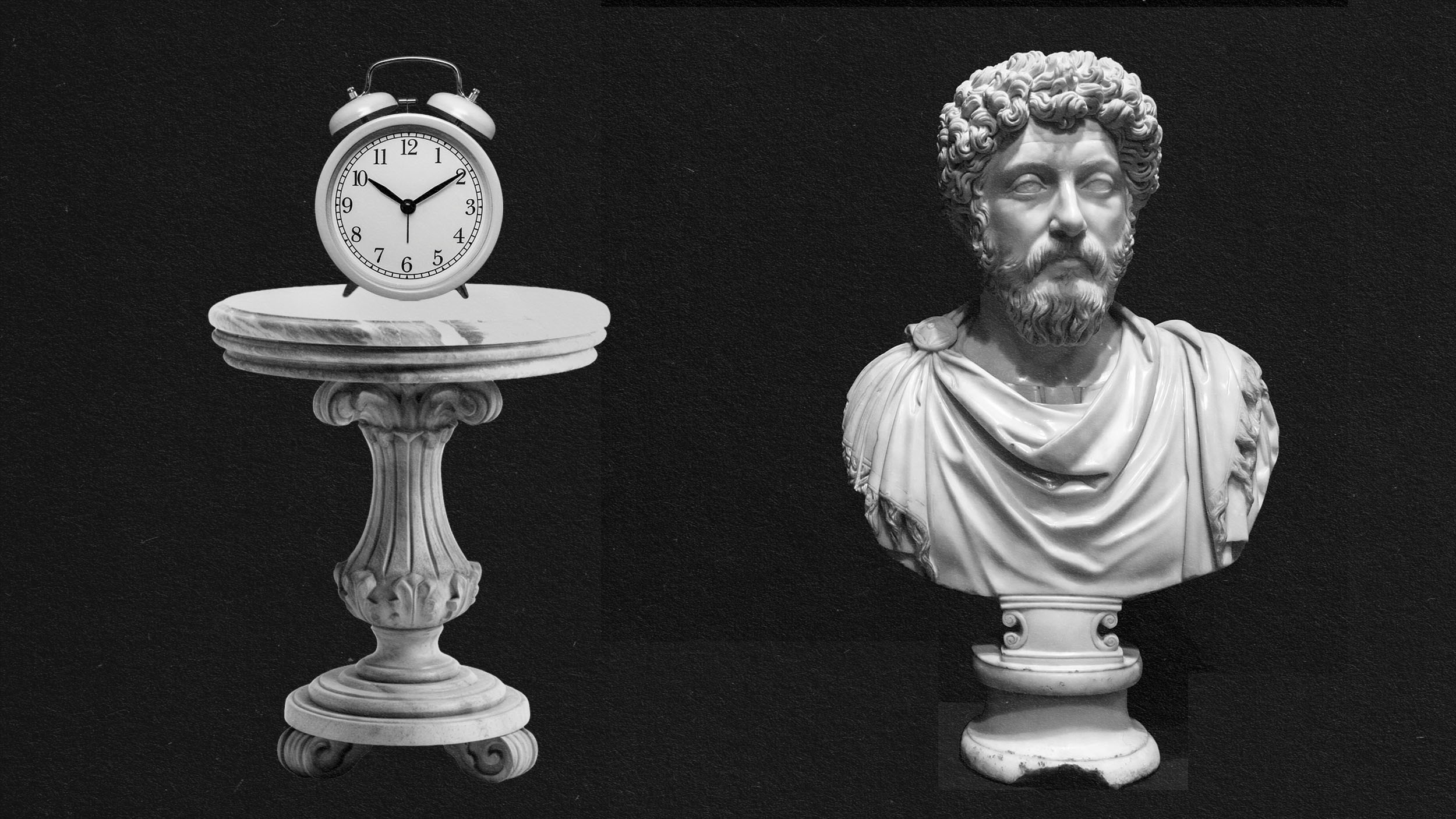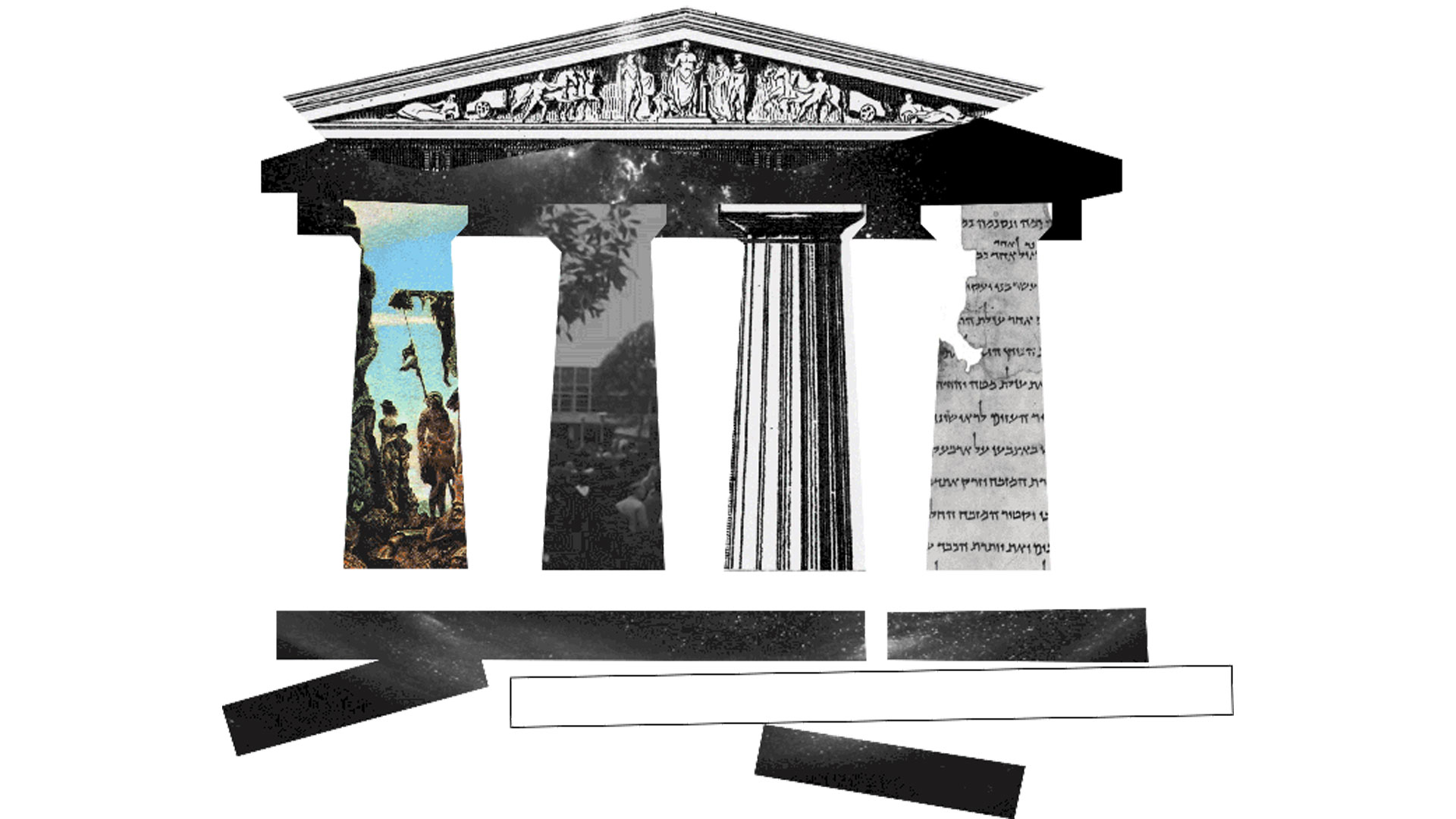The classical definition of justice is “to render to each his due.”
Along with prudence, fortitude, and temperance, justice is one of the four cardinal virtues that define a good life.
However, if justice is not tempered by mercy, forgiveness, or nonviolence, it becomes a weapon of retribution.
BISHOP BARRON: I think a problem today, actually, is that there's a hyper-stress on justice. Now, in saying that, I'm not saying one negative thing about justice in itself. Justice means: "to render to each his due." That's the classical definition. Justice is one of the 'Four Cardinal Virtues,' so it's one of the building blocks of 'The Good Life.' So I'm completely in favor of justice. But, if justice is not tempered by something like mercy or forgiveness or nonviolence, here's the danger: If we simply stress justice, then I'm placing, as it were, a sword in everyone's hand, and saying, "You've all got a right to seek retribution against those who've harmed you." Hegel, the German philosopher, famously said that "History is a slaughter bench," and it's true. You look at history, it's the constant story of warfare, and one group against another, and deep hatreds and prejudices. Well, if I look back at all of that awful history and say, "Well, okay, now I've got this big sword in my hand and I need retribution and justice," I'm not sure that's gonna get us someplace good.
I'm Bishop Robert Barron, one of the auxiliary bishops of the Archdiocese of Los Angeles. I'm also founder of Word on Fire Catholic Ministries.
I think Jesus' great public teaching is the teaching about turning the other cheek, and the love of enemies. But I also think it's a very misunderstood teaching. 'If someone strikes you on the right cheek, turn and give them the other.' 'Resist, not evil.' 'Do not answer violence with violence.' That can sound like simple passivity in the presence of evil or in the presence of injustice- just let it go, just let it be.
That's not what Jesus is teaching. Notice, please, he doesn't say, "Oh, run away, give in." Nor does he say, "Well, haul off and punch him back." No, turn the other cheek. In other words, stand your ground and signal back to him that you refuse to cooperate with the world he's living in. By turning the other cheek, you're saying, "I'm not gonna let you strike me that way again." So, it's meant to be a bold and courageous standing of one's ground. That line I've always loved from Gandhi, you know, "An eye for an eye, yes, making the whole world blind."
That's what happens when you meet injustice with injustice, you meet violence with violence. But if you meet it in the way Jesus is recommending, you act as a kind of mirror to the violent person, so as to bring about, ultimately, conversion. It's trying to put a wrench in the works of evil. How do you take a wrench and put it in the works of wickedness, but never in a way that destroys the evil person? It's meant to liberate.
That's what people like Martin Luther King saw very clearly. Martin Luther King: A man of justice, for sure. You know, the arc of the moral universe is long, but it bends towards justice. He's a great prophet of justice. But, I also say, thank God King was also a Christian minister who knew the relevant chapters in Matthew's gospel that talk about nonviolence and forgiveness and love of enemies. Well, King took that teaching deeply within, and I think that's what gave him extraordinary power. He combined the concern for justice with a concern for nonviolence and forgiveness. How do you start walking this path? The simplest act of love.
So love is not a feeling, love's an act of the will. To love, Aquinas says, "Is to will the good of the other." If I wake up and say, "Okay, the project today is to see how thoroughly I can love." From that perspective, the divine forgiveness and mercy can flow into the world. What does your life look like when you get that? Not just intellectually, but you get it at every level of your being. It looks like nonviolence. It looks like forgiveness. And so, savoring justice as a beautiful virtue, I want to make sure I temper it with mercy and with forgiveness, which don't undermine justice, but they go beyond justice.







